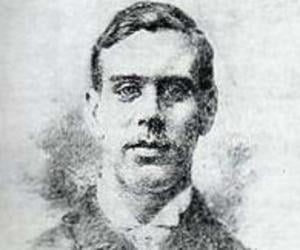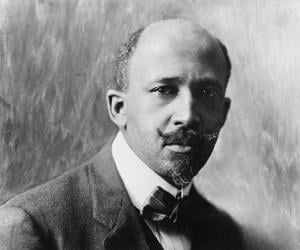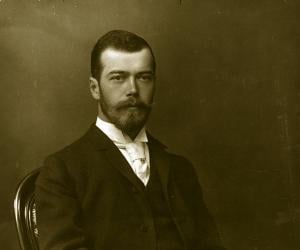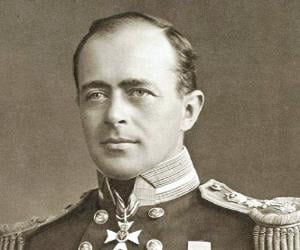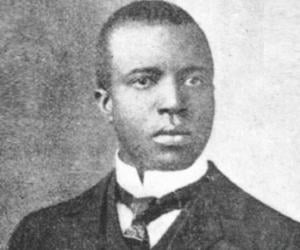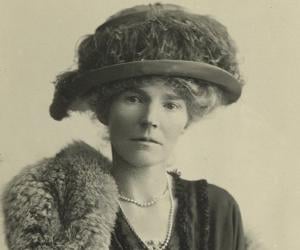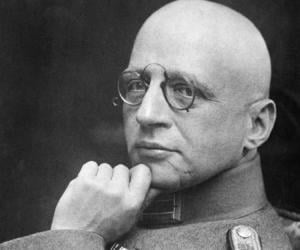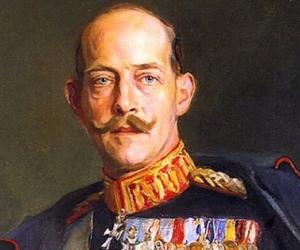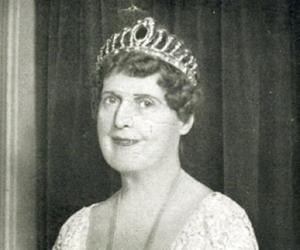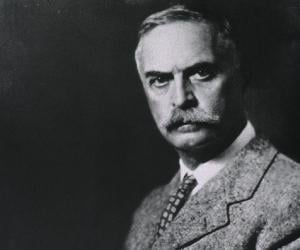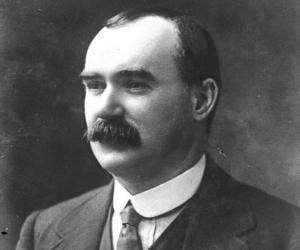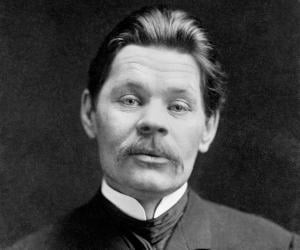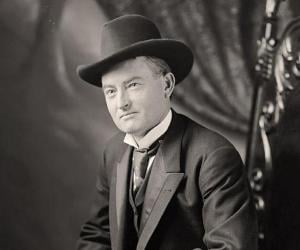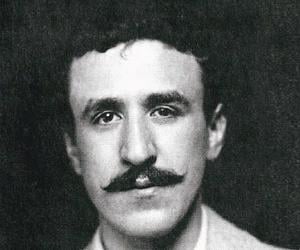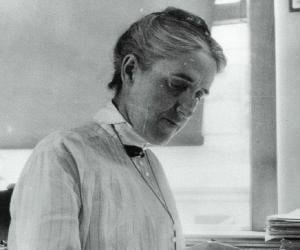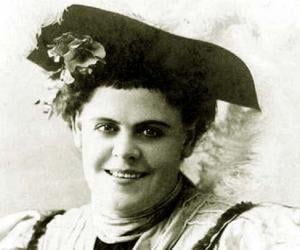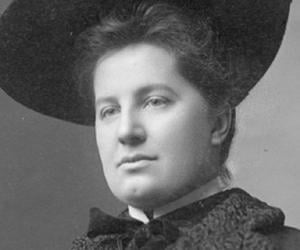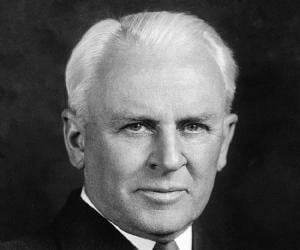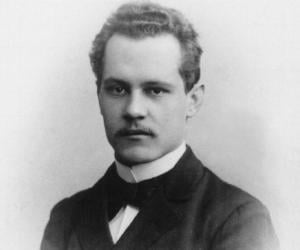W. E. B. Du Bois was an American civil rights activist, sociologist, and Pan-Africanist. Du Bois played an instrumental role in fighting for full civil rights for people of color around the world. A co-founder of the National Association for the Advancement of Colored People, Du Bois also played an important role as the leader of the Niagara Movement.
Nicholas II reigned as the last Emperor of All Russia from 1894 until his abdication in 1917. His reign oversaw a series of reforms in Russia. These reforms included the introduction of literacy programs, civil liberties, and methods to modernize the empire's infrastructure. However, these reforms were eventually undermined by Nicholas' love for autocratic rule.
Robert Falcon Scott was an explorer and Royal Navy officer. He is remembered for leading two expeditions to the Antarctic regions, the second of which was the ill-fated Terra Nova expedition. Although Scott and his companions died during the second expedition, they helped discover the first Antarctic fossils, which proved that the place was once forested.
Born into a wealthy English family, Gertrude Bell was an explorer at heart and went down in history for her journeys across the Middle East and for helping establish the Hāshimite dynasty in Iraq. Though she graduated in history from Oxford, being a woman, she wasn’t awarded a degree.
Fritz Haber was a German chemist who was honored with the prestigious Nobel Prize in Chemistry for inventing the Haber-Bosch process. The process is used widely to synthesize ammonia from hydrogen gas and nitrogen gas. For his pioneering work in weaponizing poisonous gases like chlorine during World War I, Haber is referred to as the father of chemical warfare.
Florence Foster Jenkins was an American socialite who was often ridiculed and mocked for her poor singing ability, which in turn made her popular. Known as the world's worst opera singer, Jenkins became a musical cult-figure in New York City due to her technical incompetence as an amateur soprano. Her life inspired several plays and films, including Florence Foster Jenkins.
Karl Landsteiner was a physician, biologist, and immunologist. He is credited with distinguishing the main blood groups as well as identifying the Rhesus factor. He is also credited with discovering the polio virus along with Erwin Popper and Constantin Levaditi. He won the Aronson Prize in 1926. In 1930, Landsteiner was honored with the Nobel Prize in Physiology or Medicine.
Maxim Gorky was a writer and political activist. He is best remembered for founding the socialist realism literary method. Gorky, who was nominated for the prestigious Nobel Prize in Literature on five occasions, published several novels that were later adapted into plays, films, and operas. In 1938, Valery Zhelobinsky adapted Gorky's novel Mother into an opera.
Texas-based Democratic politician John Nance Garner III, also known as Cactus Jack, served as the vice president of the U.S. from 1933 to 1941, under President Franklin D. Roosevelt. The qualified lawyer had also served as the speaker of the U.S. House of Representatives. He fell out with Roosevelt later.
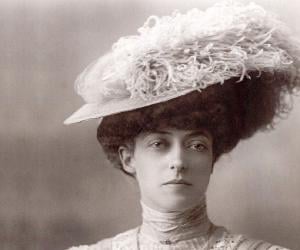
Charles Rennie Mackintosh was a Scottish architect, designer, and artist. He was married to fellow artist Margaret Macdonald, and they both were influential on the European design movements Art Nouveau and Secessionism. Mackintosh is considered one of the most important figures of Modern Style (British Art Nouveau style). In his later years, he worked largely as a watercolorist.
Born to a church minister, Henrietta Swan Leavitt grew up to work as a “human computer” at the Harvard Observatory. The American astronomer gained fame for discovering the period-luminosity relation of Cepheid variables. However, her brilliant scientific career was halted by her death due to stomach cancer at 53.
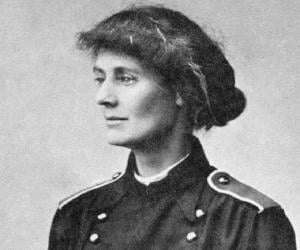
Irish revolutionary political leader and suffragist Constance Markievicz scripted history by becoming the first woman to be elected as a cabinet minister in Europe and also the first female to be elected to the British Parliament. Sentenced to death for her role in the Easter Rising, she was later granted amnesty.
Marie Dressler was a Canadian comedian and actress. A major film star during the Depression-era, Dressler received the 1931 Academy Award for Best Actress for her portrayal of Min Divot in the 1930 American comedy-drama film, Min and Bill. Her life and career inspired a play titled Queen Marie, which was written by Shirley Barrie.
Canadian women’s rights activist Emily Murphy was part of The Famous Five, a group of women activists who launched the Persons Case to make women eligible to be part of the Senate. Murphy also served as the first police magistrate in Canada and the British Empire.
Nobel Prize-winning experimental physicist Robert Andrews Millikan had begun his career as a faculty member at the University of Chicago and penned countless physics books. He later devoted himself to his research on elementary electronic charge and the photoelectric effect. His famous oil-drop experiment is known to all physics enthusiasts.
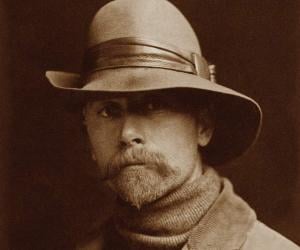
Edward S. Curtis was an American ethnologist and photographer whose work focused on the Native American people and American West. He is credited with photographing the first portrait of a Native American. Edward S. Curtis' work aimed at preserving the traditional life of Native Americans.
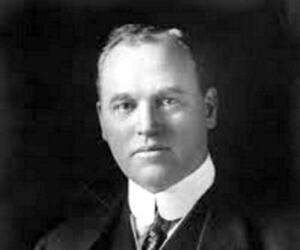
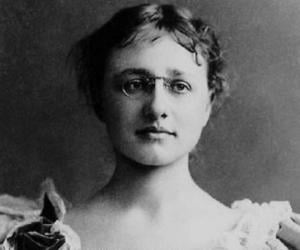
German physicist Arnold Sommerfeld initially taught math and theoretical physics and later came to be known for his groundbreaking work on atomic and quantum physics and wave mechanics. He also laid down the magnetic quantum number. Many of the doctoral and post-doctoral students he supervised later won the Nobel Prize.
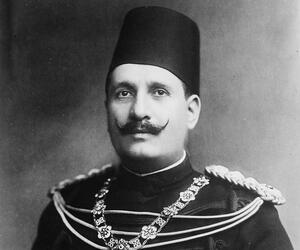
Fuad I of Egypt was the Sultan of Egypt who ruled as the ninth ruler of Sudan and Egypt from the Muhammad Ali dynasty. Fuad played an important role in modern Egyptian historiography. His efforts to depict his ancestors as benevolent monarchs and nationalists would prove to be a long-lasting influence on Egyptian history.
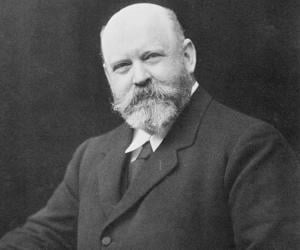
Walter Rothschild, 2nd Baron Rothschild was a British soldier, politician, zoologist, and banker. He is best remembered for his service as the president of the largest Jewish communal organization in the UK, the Board of Deputies of British Jews, between 1925 and 1926. Walter Rothschild also made immense contributions to the field of zoology.
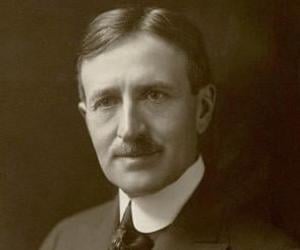
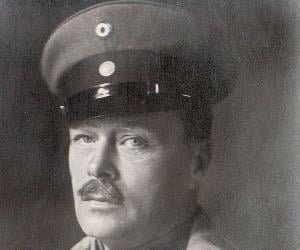
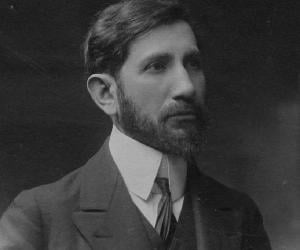
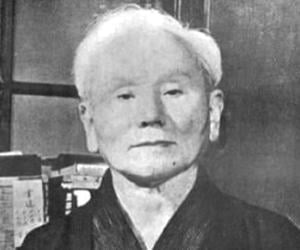
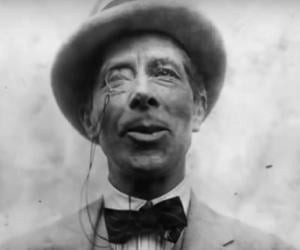
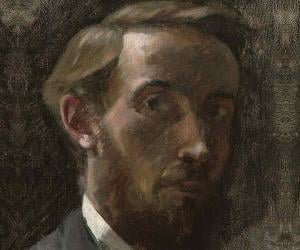
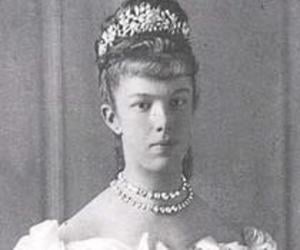
Archduchess Marie Valerie was the last child of Franz Joseph I, emperor of Austria and king of Hungary, and Empress Elisabeth. Rumors also claimed she was an illegitimate child of Elisabeth and Gyula Andrássy. He marriage to her third cousin, Archduke Franz Salvator, was criticized for not being dynastic.
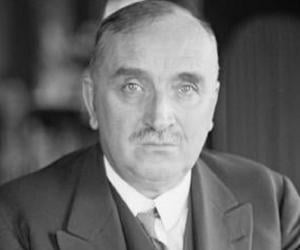
Born into a family of farmers, Paul Claudel grew up to join the foreign service of France, thus serving in places such as the US, China, and South America. While he traveled the world as a French ambassador to French ambassador, he also enriched French literature with his poems, essays, and plays.
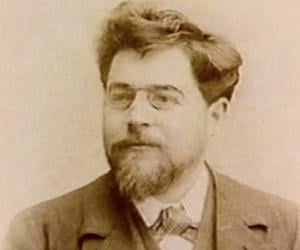
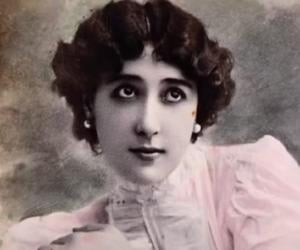
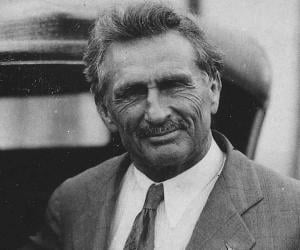
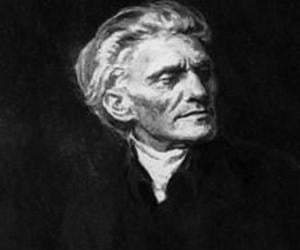
Lyric poet Stefan George was a significant part of the 19th-century German Aestheticism. While studying in Paris, he was influenced by Symbolists. He established the George-Kreis school of literature and launched its popular journal, Blätter für die Kunst. He also exhibited homosexual tendencies in his love poems dedicated to Maximin.
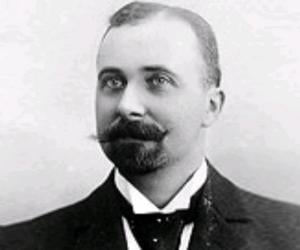
Felix Hoffmann was a German chemist best remembered for re-synthesizing diamorphine, which was later popularized as heroin. Hoffmann is also known for synthesizing aspirin, although it is still unclear whether he synthesized it on his own or under the direction of Arthur Eichengrün. In 2002, Felix Hoffmann was inducted into the US National Inventors Hall of Fame.
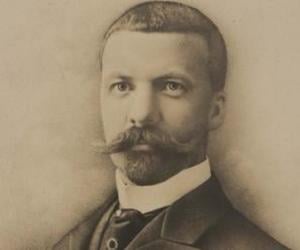
Renowned Canadian journalist and politician Henri Bourassa is best remembered for founding the newspaper Le Devoir. Though a qualified lawyer, he made a name for himself by writing on political issues and also served as a member of the Canadian Parliament, as part of the Liberal Party of Canada.

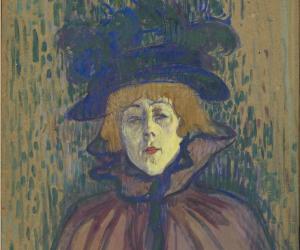
Jane Avril was a French dancer who specialized in can-can, a popular music-hall dance of the 1840s. Avril was made famous by popular French painter Henri de Toulouse-Lautrec who often depicted Jane Avril in his paintings. In the 1952 British drama film Moulin Rouge, Jane Avril was played by Hungarian-American actress Zsa Zsa Gabor.
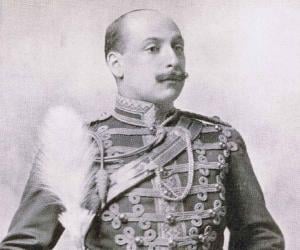
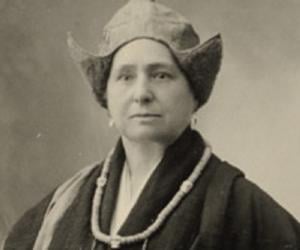
Alexandra David-Néel was a Belgian–French explorer, anarchist, spiritualist, Buddhist, writer, and opera singer. She is best remembered for traveling to important spiritual centers, including Lhasa, Tibet in 1924, when foreigners were forbidden from entering Lhasa. Alexandra David-Néel wrote more than 30 books and her teachings influenced people like Allen Ginsberg, Benjamin Crème, Jack Kerouac, Ram Dass, and Alan Watts.
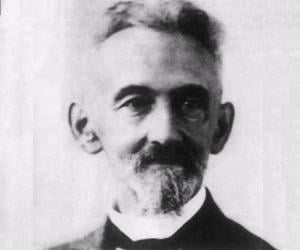
While German mathematician Felix Hausdorff initially wished to become a musician, parental pressure led him to choose math. Considered one of the pioneers of modern topology, he made major contributions to set theory and functional analysis. He died of suicide, along with his wife and sister-in-law, instead of moving to a Nazi camp.
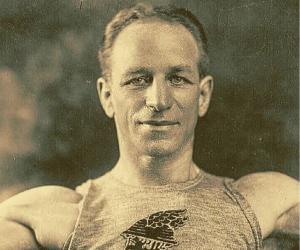

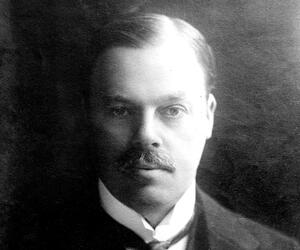
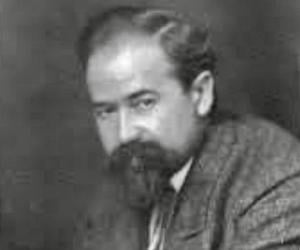
Alfred Weber was a German geographer, sociologist, economist, and theoretician of culture. Weber's work and contribution played a key role in the progression of modern economic geography. The younger brother of Max Weber, Alfred Weber contributed theories for analyzing social processes, social change as a confluence of civilization, and culture.
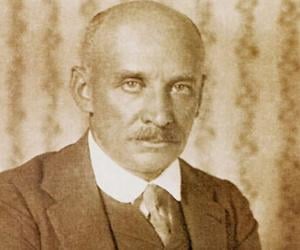
Austrian author, novelist, dramatist, translator, and banker, Gustav Meyer, who used the pseudonym Gustav Meyrink, is best-known for his novel The Golem. Gustav established his own bank but was eventually charged with fraud and jailed for two months. He depicted his jailhouse experiences in The Golem. A prolific translator, Gustav’s translation works include translating fifteen-volumes of Charles Dickens into German.
